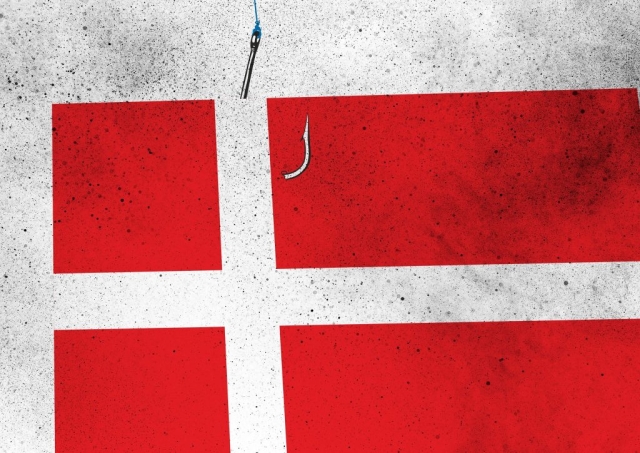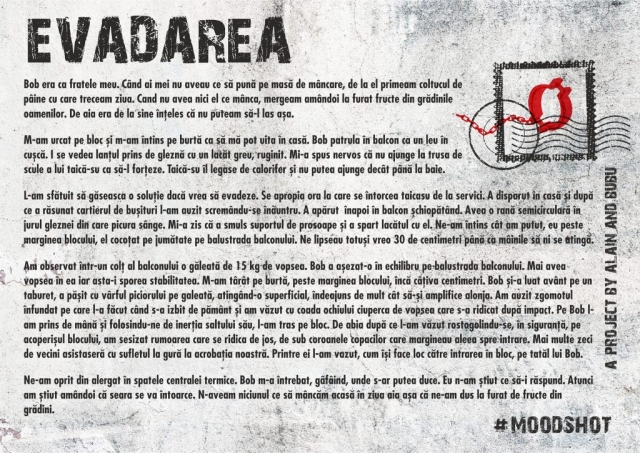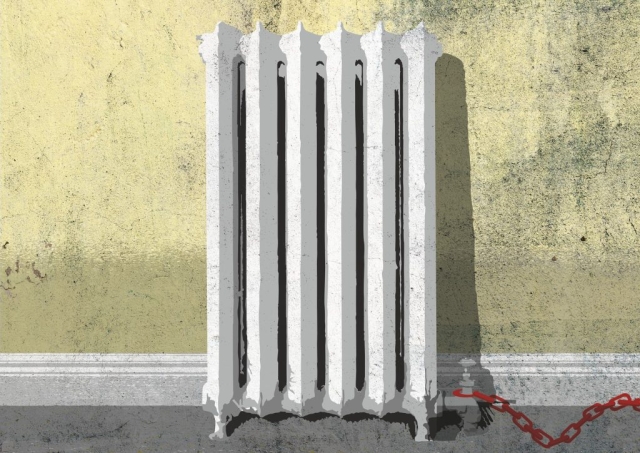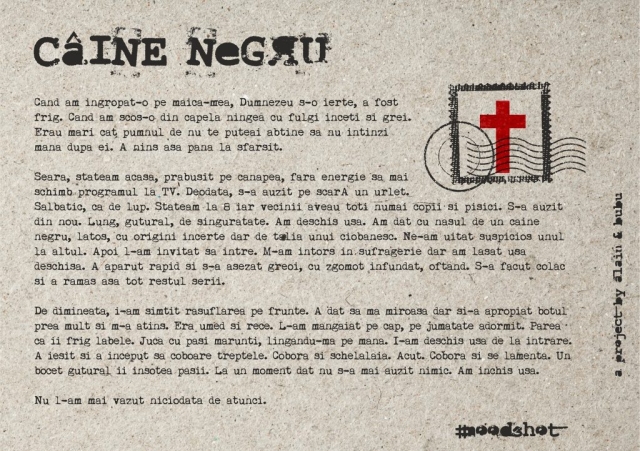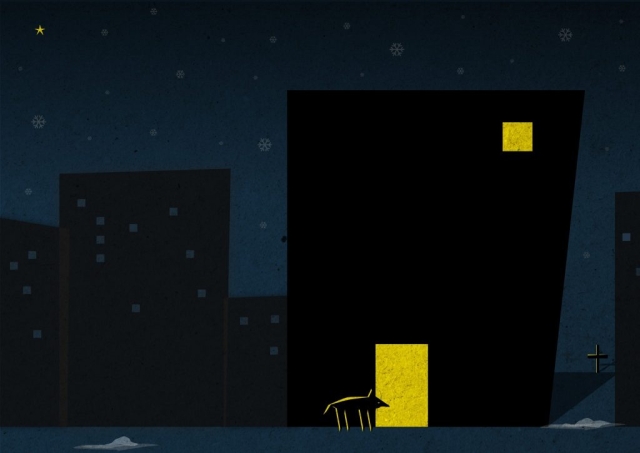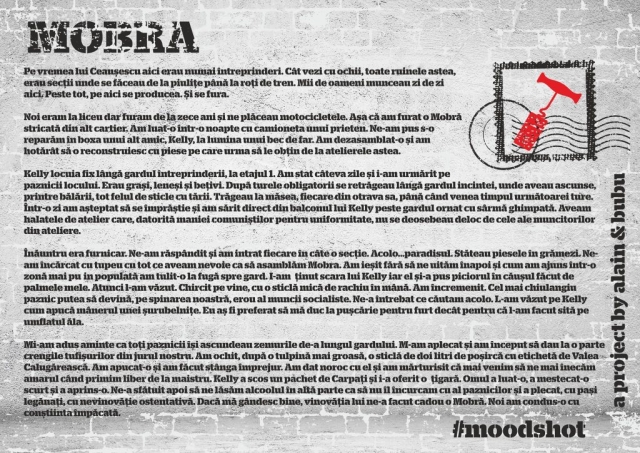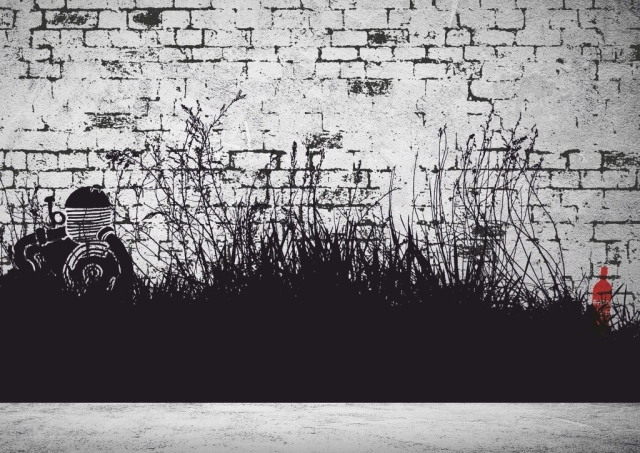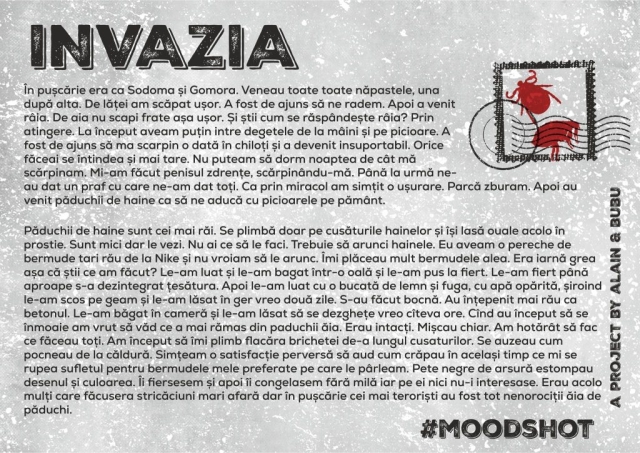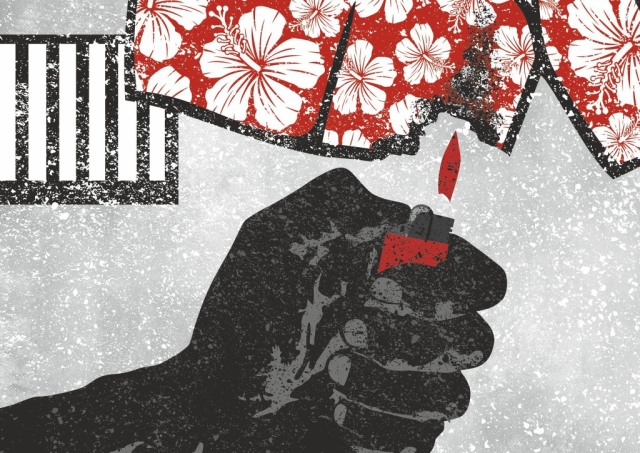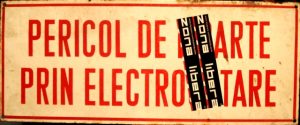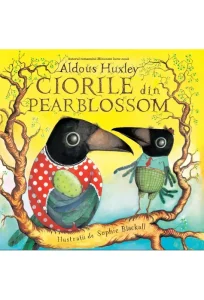THE FISHING ROD
The Danes are the most honest people in Europe. Once, I was with a buddy, a guy named Junghi, in a fishing store. We both loved fishing, and they had all the wonders there – all kinds of fishing rods, state-of-the-art fishing gear, professional equipment. But expensive. I set my eyes on a fishing rod worth 1000 euros. Junghi tells me he knows a guy, a cop, with whom he used to go fishing when he was in Romania. The guy was passionate, full of cash. I quickly took a photo, included the price in the frame, and sent it to him. We wandered around the store a bit. Ding! Message from him. He wrote that he would give us 400 euros if we bought it for him. The store was small, with not many blind spots.
I signaled to Junghi, and we went to the counter. I started asking this and that, confusing the seller. Meanwhile, Junghi went to the shelf and took the fishing rod as if it were his own. In the middle of the room, between the counter and the store exit, there was a concrete pillar, about a meter and a half wide. I led the seller with words to the counter until he perfectly overlapped with the store exit and the pillar. I engaged him in conversation, asking about a jar of bait. As he turned, Junghi made a lateral jump, reaching from the shelf behind the pillar. He practically disappeared from the seller’s sight. The seller returned to the counter, and Junghi stood upright, holding the fishing rod in front of his chest, as if saluting at Buckingham Palace. He was so tense that it seemed like he wasn’t even breathing. I continued talking to the seller, pretending not to understand his explanations while Junghi, walking backward with small, balletic steps, headed towards the exit. I thanked the man for his kindness after hearing the doorbell ring at the entrance.
We left the store. I saw Junghi leaning on the fishing rod. We nodded at each other and went our separate ways. Winter was approaching, and it was getting colder. With the money we got from the cop, I bought a ticket and left Denmark for Spain.

